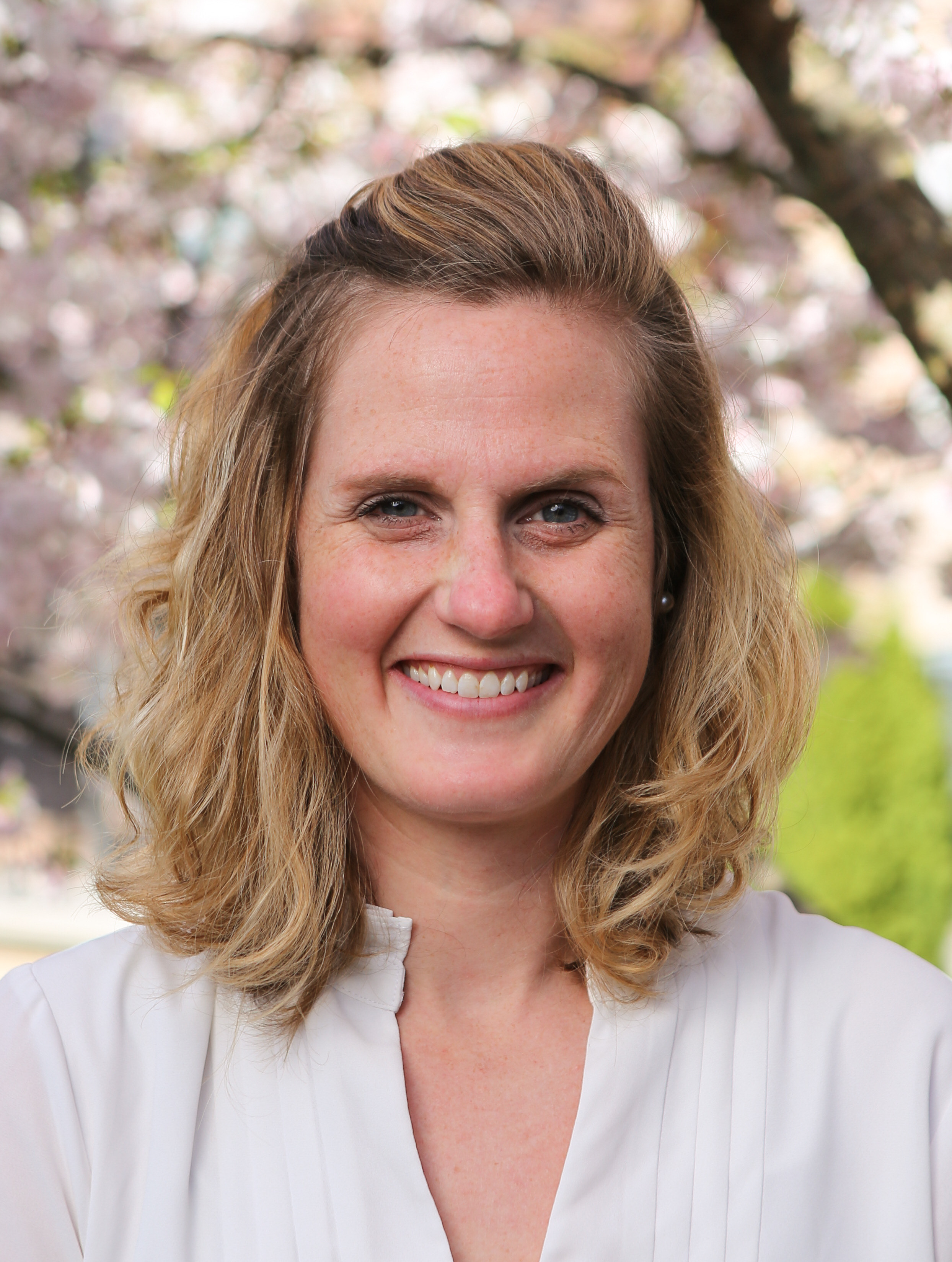Mara Brecht

"I remember my first visit to Fordham, as I was touring doctoral programs, very clearly. The experience stood out to me because the Theology Department felt immediately like home to me – not in the sense that it was a place of pure comfort and no challenge, but instead because I felt it to be a place where I would be supported and nourished in such a way as to respond to the discomfort that inevitably comes with learning and the challenges presents by courses, exams, and preparing a dissertation. The feeling that Fordham was 'home' only grew and deepened as I made Fordham my home. The faculty who mentored me, my immediate peer colleagues in the doctoral program, the Jesuit men in First Studies, the wonderfully supportive administrative staff who ran the department – each and every person met and embraced me, so to speak, with what felt like a single message: 'We’re here to support each other, we’re here to support you. The collegial, congenial atmosphere of the place allowed me to grow my confidence, to get to know and use my gifts, and ultimately to test greater intellectual limits because I knew myself to be anchored and ultimately—to invoke an Ignatian frame—to be loved.
"My mentors taught me the 'stuff' of theology, how to think systematically, the skills of writing and discussion, and the practices of teaching. They introduced me to professional societies and connected me to theologians at other colleges and universities. Critically, they also modeled how to be complete person living full lives—academics, university professors, professional theologians, yes, but also mothers and fathers, friends, members of religious communities, active citizens, volunteers, coaches, leaders in their local communities, ministers in their churches, and so on. I learned at Fordham that I also could seek and meaningfully live out a full and integrated life. I am profoundly grateful for the gift of their modelling, as it set me on a path to seek the same for myself and, in turn, to model this for my own students today."
Mara Brecht is an assistant professor in and the assistant chair of the Department of Theology at Loyola University Chicago and the vice president of the College Theology Society for the 2023-2025 term. Before joining the faculty at LUC, she was an assistant and associate professor of theology at St. Norbert College and the Patrick and Barbara Keenan Visiting Chair in Religious Education at the University of St. Michael’s College at the University of Toronto.
Dr. Brecht's research interests attend to the question "What does it mean to be formed as a Christian in a world of difference?" Her most recent work, The Habits of Race and Faith in a Religiously Diverse World (Rowman and Littlefield, 2024), connects this question to racialized embodiment and identity. In her teaching, Dr. Brecht focuses on helping diverse students encounter theology, especially the Catholic intellectual tradition, and from it find something meaningful for meeting the challenges of their day-to-day lives. She received the Monika Hellwig Award for Excellence in Teaching 2020 from the College Theology Society in May 2021.
In addition to her most recent book, Dr. Brecht has published Virtue in Dialogue: Belief, Diversity, and Women’s Interreligious Encounter through Pickwick Press and co-edited Comparative Theology in the Millennial Classroom: Hybrid Identities, Negotiated Boundaries with Reid B. Locklin through Routledge Press. She has published scholarly articles in Theological Studies, the Journal of Catholic Higher Education, Religious Education, Horizons, and more. Dr. Brecht has contributed to or led several Lilly-funded grants with the Wabash Center for Teaching and Learning in Theology and Religion.
Credit: Loyola University Chicago and Mara Brecht, Ph.D.